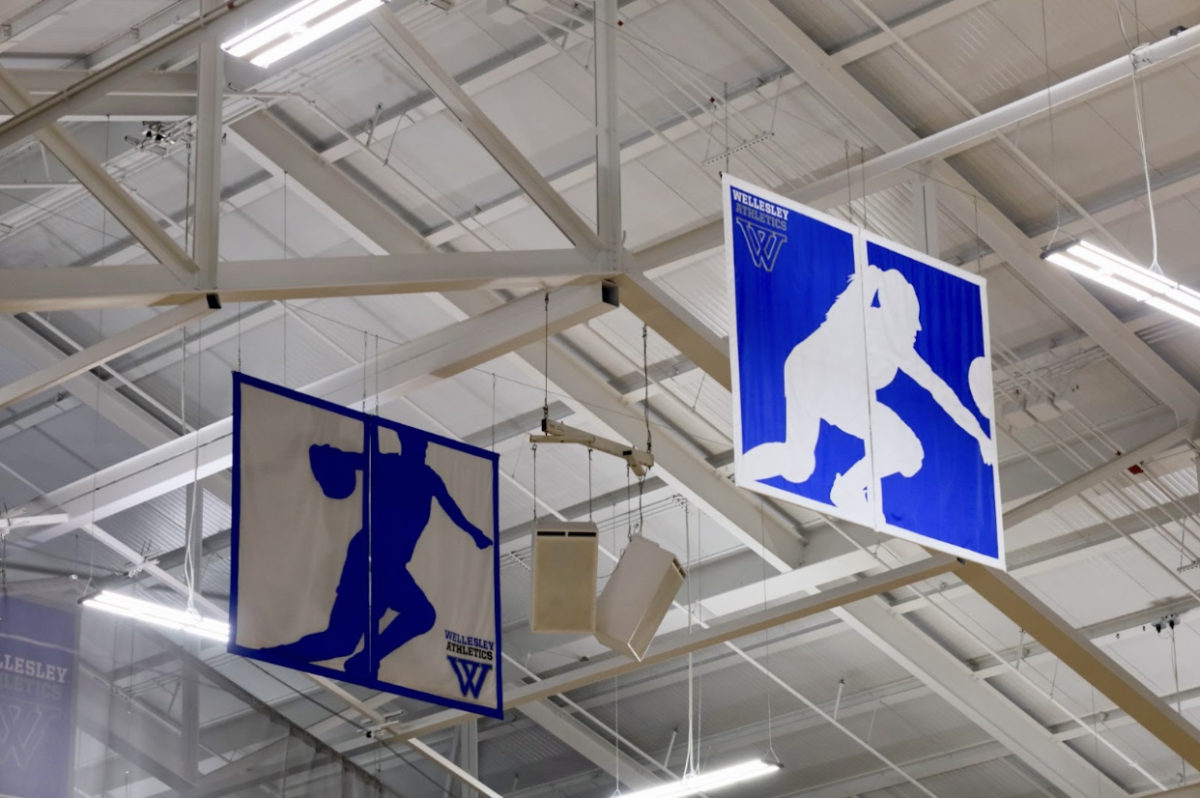The U.S. Olympic Committee (USOC) took steps Monday, Nov. 5 to decertify U.S.A. Gymnastics (USAG) as the governing body for the sport at the Olympic level. In the wake of the Larry Nassar sexual abuse scandal and USAG’s woeful attempt at rebuilding after the incident, the USOC has had to take drastic steps to restore the organization to one that can advocate for and protect its athletes.
This announcement comes just days after the conclusion of the 2018 World Championships in Doha, Qatar, where the U.S. women’s team won gold and showcased a powerful performance by Simone Biles. Biles, who won five additional individual medals, is among the athletes who have not hesitated to criticize USAG. After the news broke, many gymnasts observed that a complete overhaul of leadership in the organization was long overdue. The scandal concerning Larry Nassar began when he was accused of sexual abuse by more than 200 athletes in 2016. Afterwards, USAG suffered a series of major missteps in attempting to address the challenges and obstacles raised by the trial. USOC CEO Sarah Hirshland addressed members of the U.S. women’s team in her letter about USOC’s decision to suspend the governing rights of USAG, writing that the organization has “failed to change its culture, to rebuild its leadership and to effectively serve its membership.”
Former CEO Steve Penny stepped down in March 2017 after facing pressure from the USOC, which raised concerns about the manner in which he dealt with the Nassar case and its fallout. The entire board of directors was asked to resign in Jan. 2018 after pressure from the USOC, who threatened to decertify the organization if it did not take more strict steps towards change following the Nassar scandal. Penny was arrested in Oct. 2018 after it was discovered that he tampered with evidence related to the Nassar case. He is accused of destroying and hiding documents associated with Nassar’s abusive activities at the Karolyi Ranch, the former national training center in Texas where Nassar allegedly assaulted many gymnasts.
The organization then named Kerry Perry as Penny’s replacement and she took over administrative duties in Dec. 2017. She garnered a great deal of frustration from several high-profile gymnasts, Biles included, for failing to offer a clear plan to move forward and address the issues the organization was facing. She then faced extreme scrutiny just nine months into her administration after naming Mary Lee Tracy, a coach who continued to defend Nassar after dozens of victims has come forward, to a developmental coordinator position within the organization. Perry was asked to step down three days after this decision in Sept. 2018. Mary Bono, a former congresswoman, was named interim president on Oct. 11, 2018, but resigned from her post five days later after receiving intense criticism following a controversial tweet in response to Nike’s ad campaign featuring Colin Kaepernick. This series of disastrous events led USOC to question USAG’s effectiveness, leadership and most importantly, protection for those in the gymnastics community.
Though it may be a necessary change, the decertification of USAG could also leave a void in the gymnastics community that cannot easily be filled. In addition to supporting elite and Olympic athletes and selecting teams and coaches for international competitions, USA Gymnastics serves more than 150,000 athletes in 3,000 clubs around the country. There is no other organization standing by to fill that need. Hirshland has addressed these concerns, stating that “seeking to revoke recognition is not a decision that we have come to easily, but I believe it is the right action.” She added, “in the short-term, we will work to ensure that America’s gymnasts have the support necessary to excel on and off the field of play. We are building plans to do just that no matter the outcome of the revocation process.”
Moving forward, USAG will now have the opportunity to go in front of a panel to “present factual evidence and legal argument regarding the allegations of the complaint,” according to the USOC’s bylaws. The panel will recommend what action should be taken next, and the USOC will then make its final decision about USAG’s fate. USAG could still maintain its status as a governing body after this hearing, in which case the two organizations will decide how to proceed.
USOC promises that it will do everything in its power to help gymnasts prepare for the Tokyo 2020 Olympics, no matter what the future holds for USAG. Hopefully the complete restructuring of the organization will be conducive to creating a safer, more organized and transparent administration for American gymnasts. To conclude her letter, Hirshland succinctly stated to the gymnastics community, “you deserve better.”



